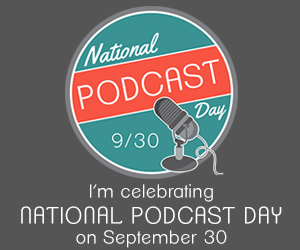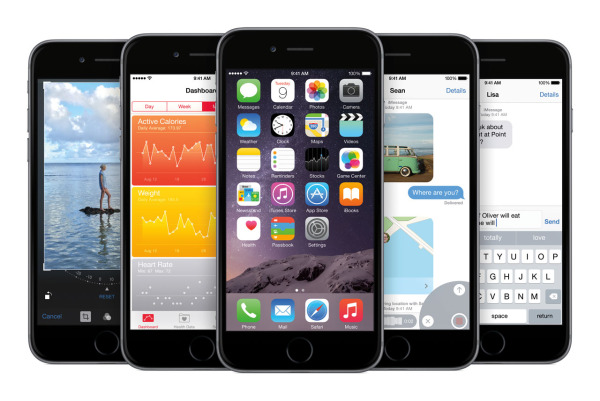
Sometimes, regular web hosting is not powerful enough for popular websites. Other times, regular web hosting provides too much power for WordPress sites. I have tried many hosting solutions—shared, VPS, dedicated, and managed WordPress—and I would like to share my thoughts and recommendations on managed WordPress hosting.
What is managed hosting?
When you want to tell someone else to do something on your server instead of doing it yourself, you need managed hosting. Most managed hosting providers can fix server problems, add new accounts, tweak caching, setup domains, merge databases, schedule backups, and more.
Unmanaged hosting would be where you do this all yourself. Usually, the only thing the provider will do for unmanaged hosting is restart a crashed server for you.
What is special about managed WordPress hosting?
A new trend among some web hosting companies is to offer a specialized hosting package designed specifically for WordPress. This managed WordPress hosting usually runs only the necessary server components for WordPress, and thus usually runs a lot faster that other servers.
Commonly, managed WordPress hosting providers—like Flywheel and WP Engine—will power the PHP backend with entirely different software, which is usually Nginx instead of Apache. This makes a huge difference in speed as Apache contains so many pieces that WordPress doesn't need, but Nginx is a slimmer, faster way of running the web server.
Managed WordPress hosting also often uses custom control panels and may have custom caching and CDN built in.
The result is, generally, that a WordPress website will run faster on managed WordPress hosting than on almost any other standard platform—all without your spending hours to setup and configure a server.
Because this hosting is focused on WordPress, the support team is often specialized for WordPress and can recommend plugins, tweaks, and other improvements to your WordPress site. Sometimes, they will even login and adjust things for you.
My managed hosting needs are huge
I run a large WordPress Multisite for my podcast network. This involves more than 10 subsites with their own domains, dozens of plugins, and a massive bbPress forum on my Once Upon a Time podcast website—this creates a database larger than 2 GB.
This large network also receives a lot of traffic—as high as 6,000 visitors per day and 750,000 pageviews per month.
I outgrew shared hosting a long time ago. VPS and dedicated servers were getting expensive for the amount of power I needed. So I opted to try managed WordPress hosting. Within the last few weeks, I've evaluated other options, looking to save money—WP Engine, Synthesis, Page.ly, BlueHost, SiteGround, Linode, Servint, WiredTree, Pressable (formerly ZippyKid), MediaTemple, and Flywheel.
Here are the core features I have been considering.
- Nginx or specialized PHP engine for fast performance
- Specialized caching
- Built-in CDN
- SSH access
- Daily backups
- WordPress Multisite support
- At least 5 WordPress sites (Multisite counting as 1)
- Staging site
- Customer support options
- Maximum budget of $150 per month (not including domains)
In the coming weeks, I'll share my reviews of each service and why each may or may not be the best choice for me, but why they could be better for you.

